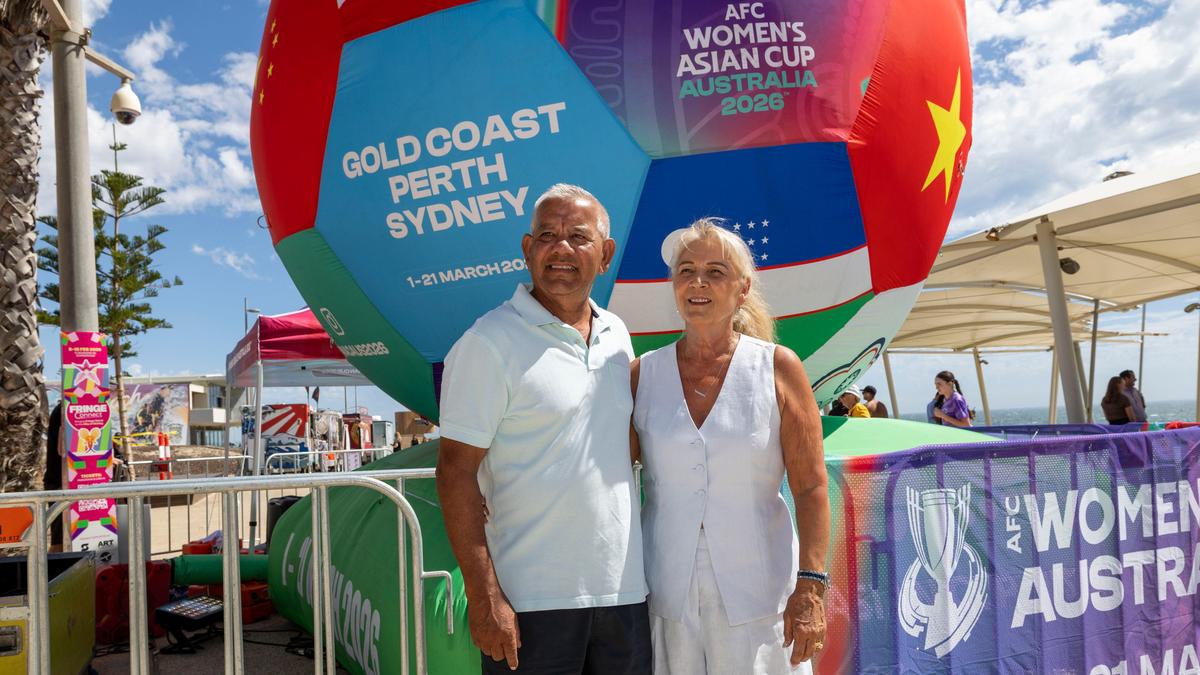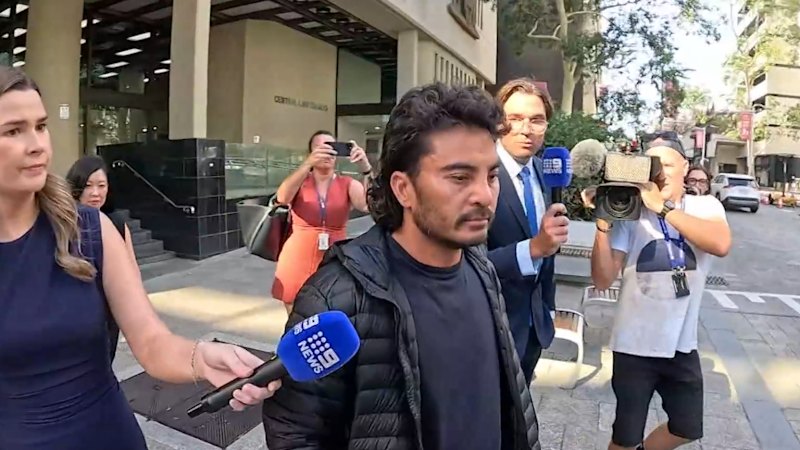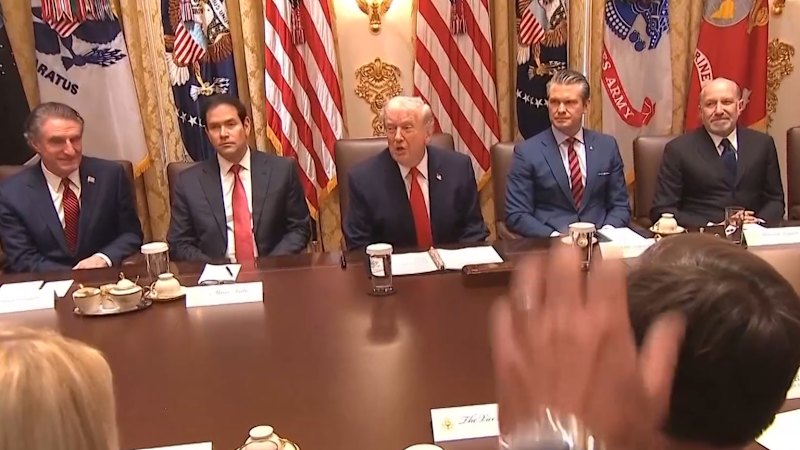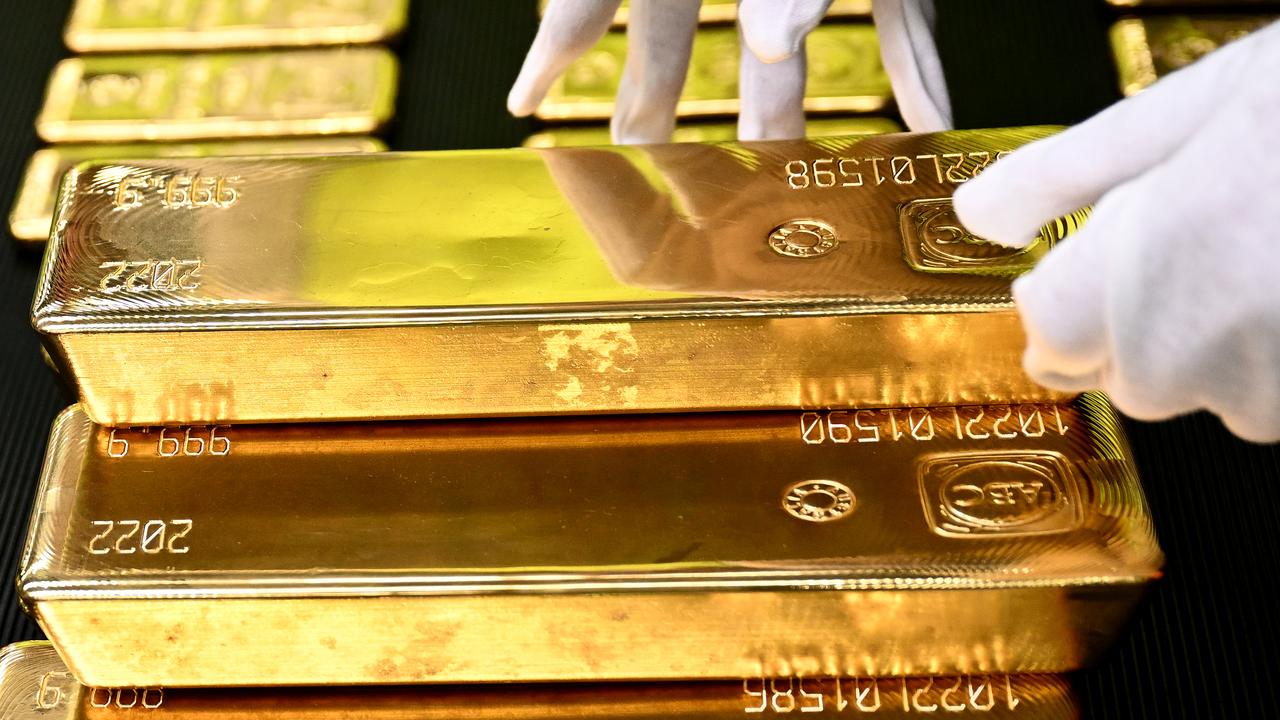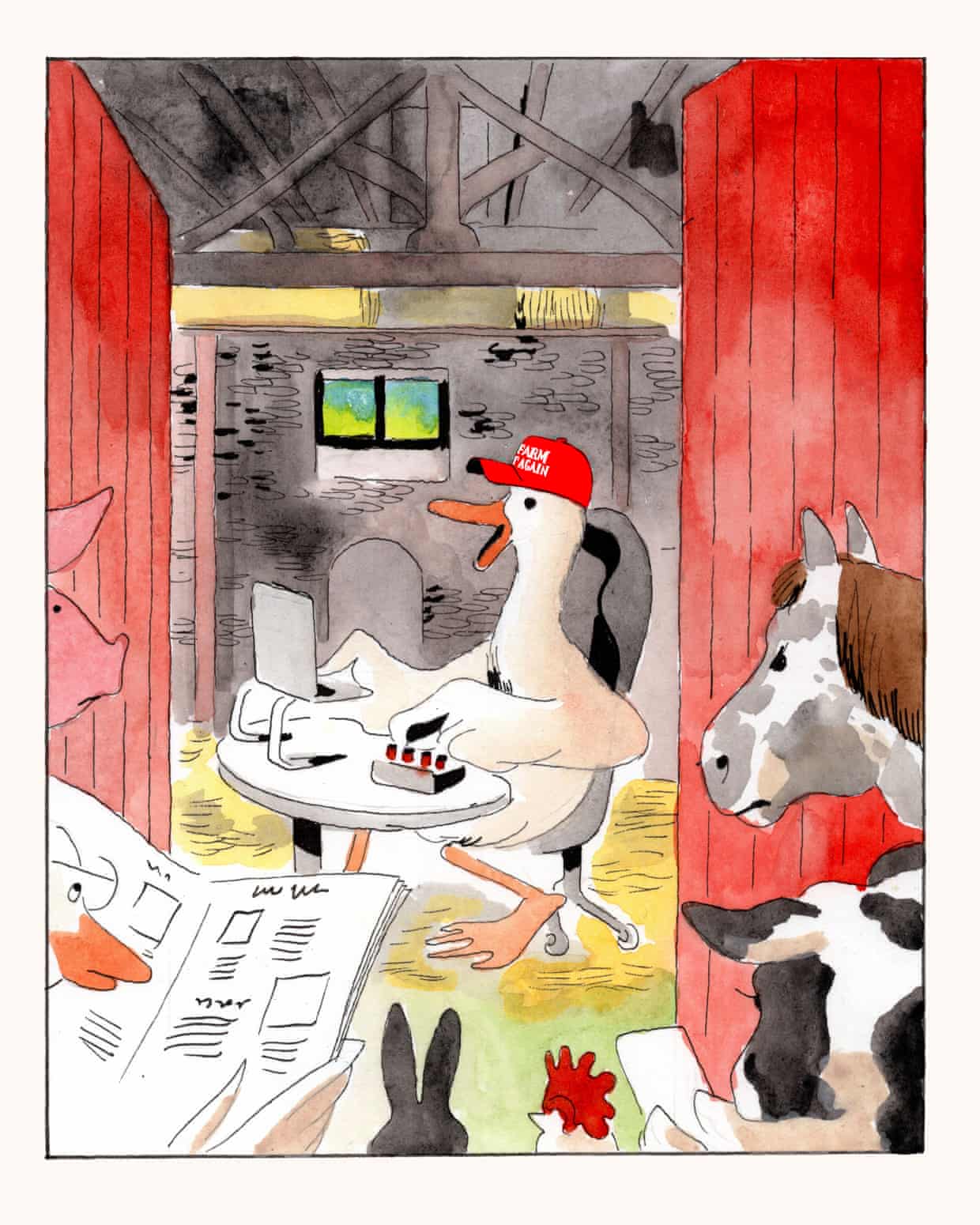
UPDATE: Western Australia’s Deputy Premier and Treasurer, Rita Saffioti, has issued a powerful defense of the state’s GST distribution arrangements, emphasizing their critical importance for the national economy. This urgent statement comes as economist Saul Eslake is set to arrive in Perth for an industry event, sparking renewed debate over the financial balance between states.
WA currently subsidizes the rest of Australia by approximately $2.5 billion annually, a fact that Saffioti highlighted amidst growing criticism from eastern states. As the national Productivity Commission begins its review of the 2018 GST reforms, Saffioti is rallying support to maintain the current arrangements that ensure WA receives a minimum of 75 percent of its population share of national GST revenue — a safeguard that prevents WA’s share from plummeting as low as 10 percent.
Saffioti stressed the historical context, noting that no other state has ever dropped below 83 percent of their share. “We cannot take our current arrangements for granted,” she stated, urging immediate action to protect WA’s interests during the review process.
The Albanese Labor Government has confirmed its backing for the 2018 reforms, which are essential for the economic stability of WA. Saffioti argued, “Unwinding the GST reforms would tear $6 billion per year from WA,” jeopardizing investments in vital infrastructure like ports and energy facilities that support the entire nation.
WA’s contribution to the Australian economy is significant. With only 11 percent of the national population, WA generates nearly 45 percent of the country’s exports and accounts for over 17 percent of national GDP. Saffioti emphasized that these reforms are not mere handouts but serve to balance support for smaller jurisdictions while encouraging economic growth and productivity.
Critics like Eslake often focus on the perceived cost to the Commonwealth, which has risen due to sustained high iron ore prices. However, Saffioti pointed out that WA’s major iron ore producers have contributed over $100 billion in company tax to the Commonwealth in the first five years following the reforms. This revenue has almost tripled since the reforms were implemented, significantly outweighing the costs.
Furthermore, Saffioti revealed that higher iron ore prices have resulted in an additional $11 billion flowing to other states during the same period, highlighting the interconnected nature of the economy. Despite these contributions, WA continues to subsidize other states, with the Northern Territory receiving nearly seven times more GST per capita than WA, and Tasmania receiving approximately 2.5 times more.
The current GST formula has been criticized for penalizing states that actively pursue economic growth. “Why should WA invest in its resources sector for the benefit of Australia if it means facing a massive hit in GST allocations?” Saffioti asked, stressing the importance of maintaining a fair distribution system that encourages development while supporting all states.
As the Productivity Commission review progresses, WA’s government is committed to ensuring that the 2018 reforms remain intact. The stakes are high for WA’s future prosperity and for the economic health of the nation as a whole.
Saffioti concluded with a rallying cry: “Let’s keep the GST share fair. WA’s GST is working for Australia.” As discussions continue, the implications of this debate will be felt across the country, making it a critical issue for all Australians.


